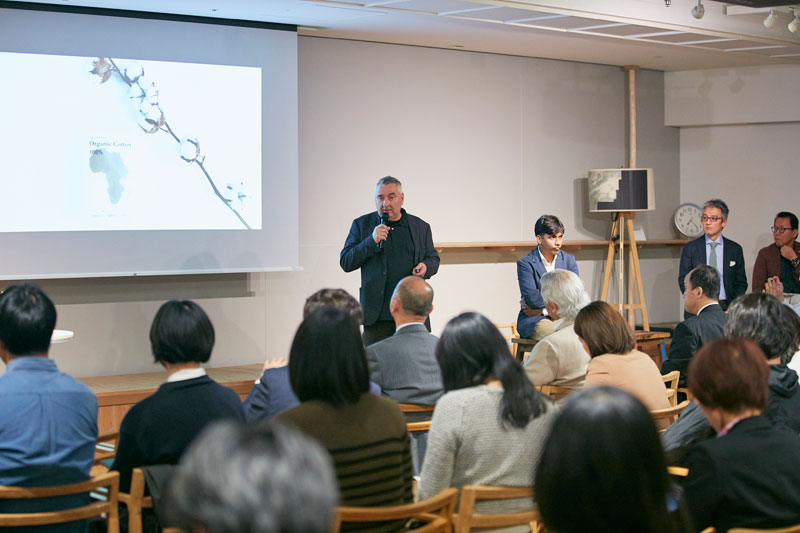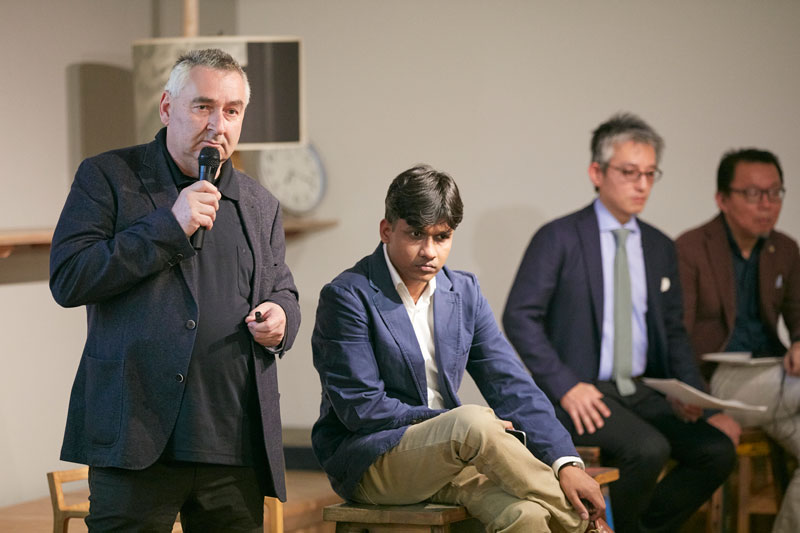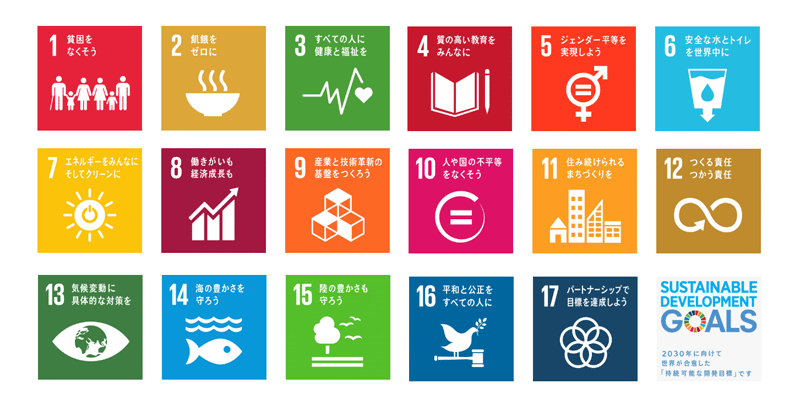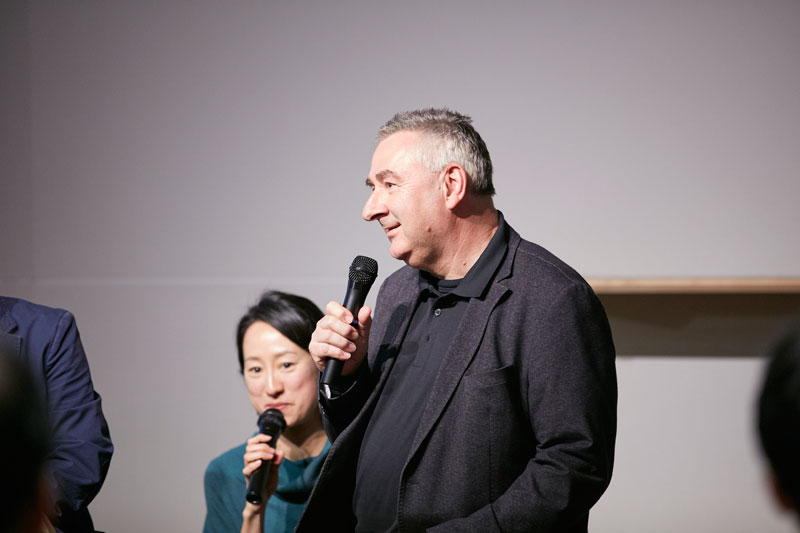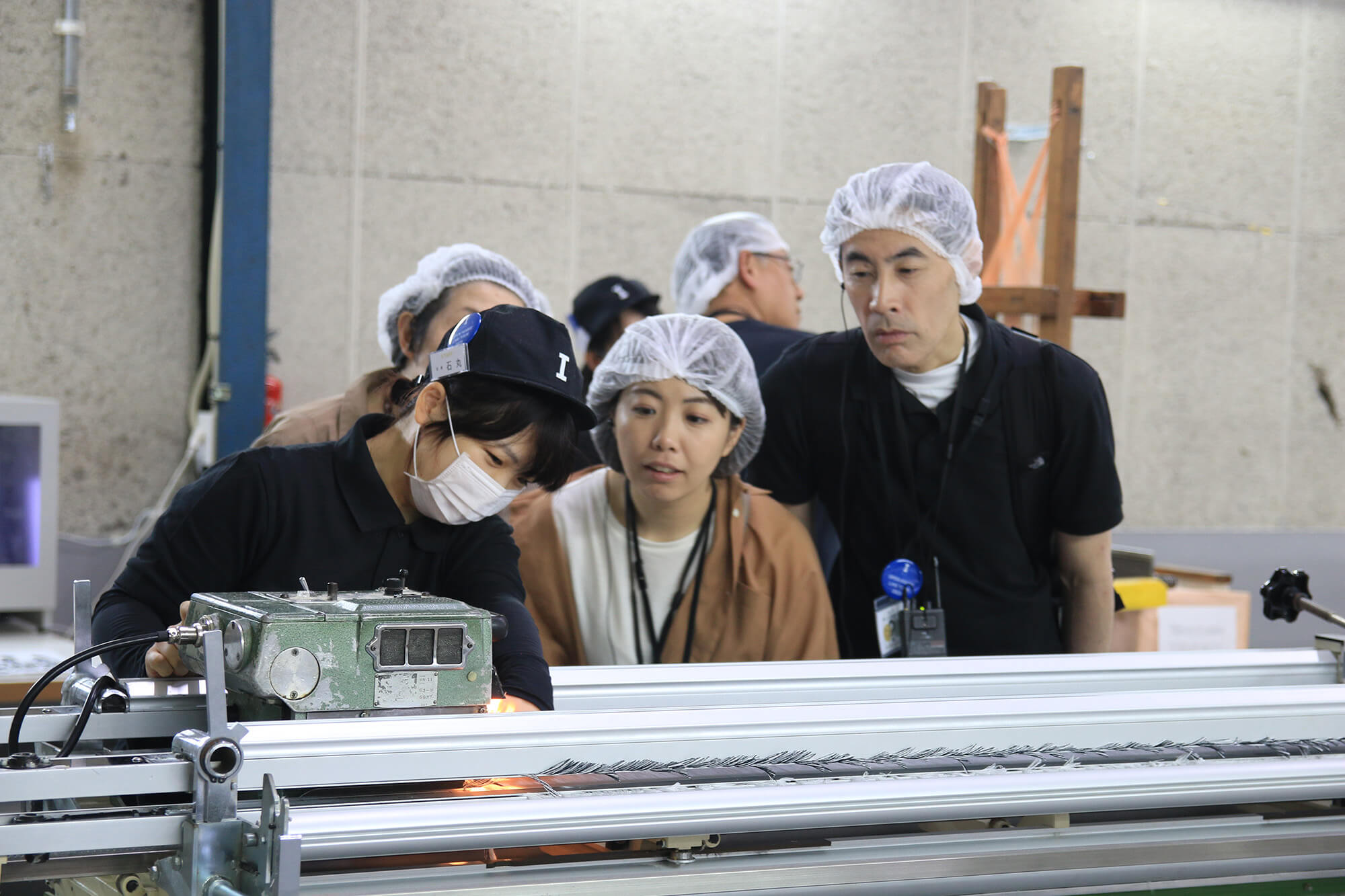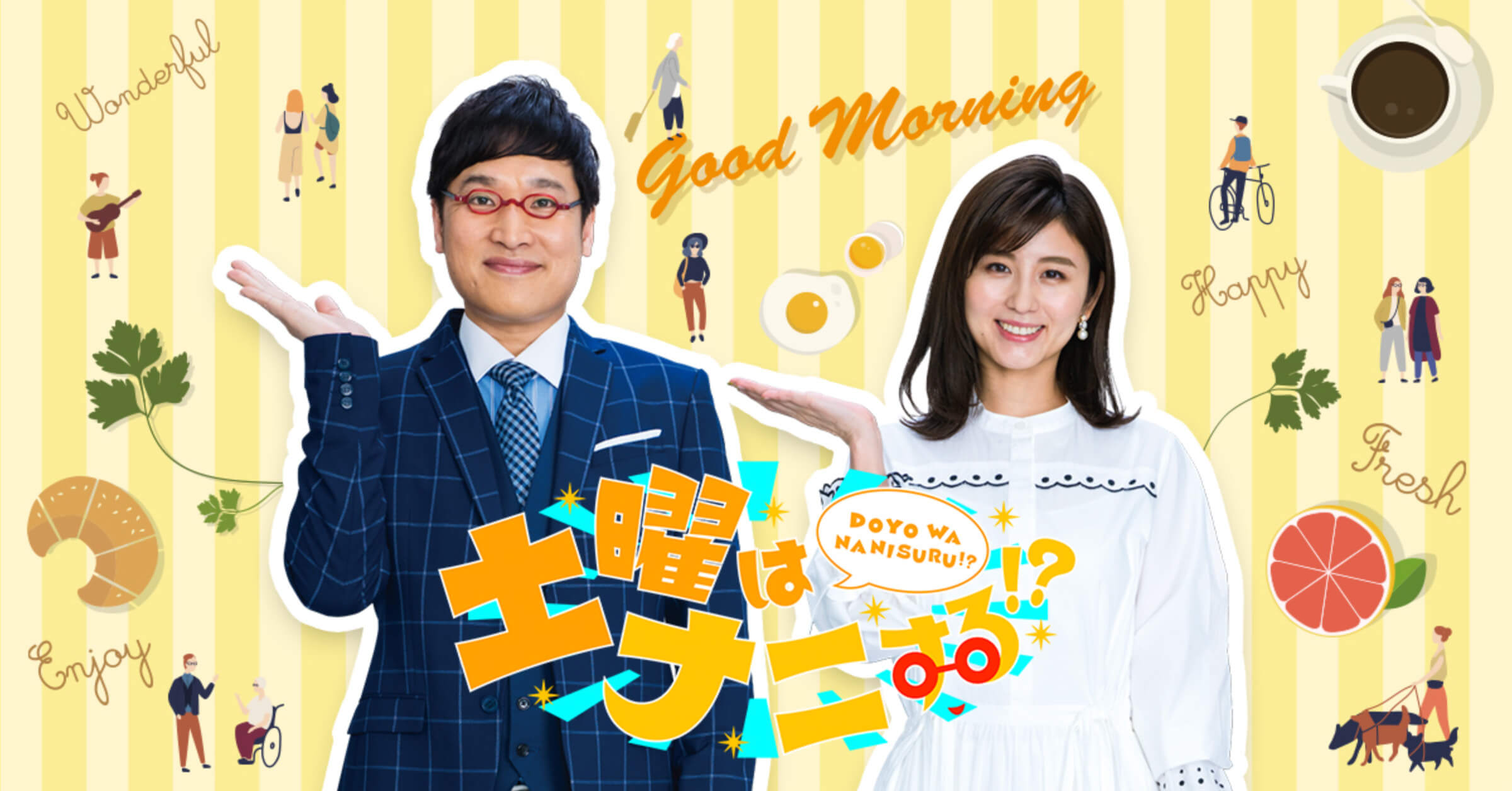- TOP
- News & Events
- News
- Learning from REMEI, Switzerland – Challenges and Hopes for Social Business #1 Presentation by Mr. Helmut, CEO of REMEI
Learning from REMEI, Switzerland – Challenges and Hopes for Social Business #1 Presentation by Mr. Helmut, CEO of REMEI
2017.04.07
Table of Contents
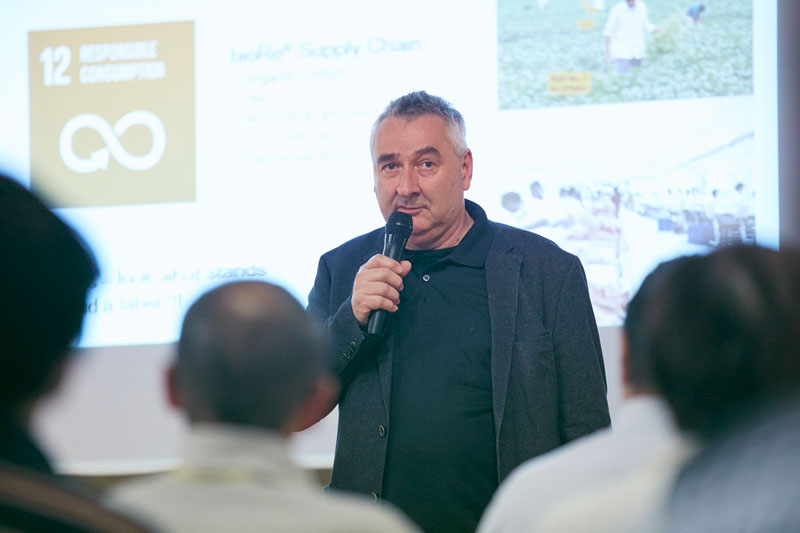
March 24, 2017 Speaker: Mr. Helmut Halker, CEO, REMEI.AG The origins of REMEI and bioReHelmut: It is a great pleasure to have so many people like you who are interested in organic cotton and sustainable business here to talk with us. Thank you for this invitation, Mr. Ikeuchi. As you can see here, I would like to talk about the responsibility that comes with the pursuit of fashion. I would like to introduce here Mr. Patrick, the founder of REMEI and bioRe cotton. Where was his motivation, his motivation, his motivation was to support farmers and to create equitable partner relationships. He was also a textile engineer, so he also had in mind to create something creative out of it. He told me many times that his own work, his own life, was like a person walking a tightrope in this way. In other words, he said that many times he had to balance the needs of the consumer and the needs of the supplier. Sometimes production would go up and sometimes down, and how would he deal with that? And how do we achieve our social goals at the same time as our economic goals? We were balancing between the two. In 1983, the company began as a trader on a conventional cotton farm, and in 1991 and 1994, organic cotton operations were started in India and Tanzania, respectively. In 1997, we created a foundation in cooperation with a Swiss cooperative called SwissCorp. So SwissCorp is not just a customer, but a partner. In 2005, training centers were opened in India and Tanzania, and in 2008, REMEI decided to produce only organic cotton for the future. We decided to stop making it by conventional farming methods. Let me tell you the difference between the bioRe foundation and REMEI. bioRe foundation operates projects in India and Tanzania. And we are responsible for the production of organic cotton. And we buy the organic cotton produced by REMEI, but we guarantee the purchase and we guarantee the farmers. And we buy organic cotton at a 15% premium to the market price (the price determined by the market). REMEI’s concept of a sustainable supply cycle and how it differs from other organizationsREMEI manages and operates the entire supply chain, from procurement to delivery to the consumer. In any case, we work together in a way that people take hands in the process. So there is a strong sense that people are working together in one community. Even if the person is in India, Tanzania, or Switzerland, we have that sense of community. There are five things that we at REMEI value. Transparency. I believe that this is to be observed at all stages of the supply chain. We believe that adhering to these five principles is a comprehensive approach to protecting the cycle of sustainable supply. For example, if you look at this in comparison to other organizations, the Fair Wear Foundation. As the name suggests, this is fair, but it is not organic and therefore not environmentally friendly. Similarly, Fox (FoxFibre) is only good for the environment. My Climate is carbon neutral, and GOTS is in a rather good place; it is organic, environmentally friendly, and transparent. However, the first point, farmers’ opinions and farmers’ participation, has not yet been fulfilled. Therefore, bioRe’s comprehensive approach is what makes it different from other organizations. How we are different is that we produce crops that are not GMOs (genetically modified organisms). We are building a laboratory to do that, and we are even producing seeds. So we don’t use things like pesticides, we don’t use artificial fertilizers. And we do not use GMO seeds. We do regular crop rotations, and we have 5,000 farmers who take advantage of our buy-back guarantee, which gives us a 15% premium. There are 41 certified and controlled garment factories in India and Tanzania. We have 41 certified and controlled garment factories in India and Tanzania, and we operate these factories under the SA8000 certification. These are: no child labor, fair wages, and work within the normal working hours. No child labor, fair wages, and work within normal working hours. And everything we do is eco-friendly. We do not use scientific dyeing or printing, and we make clothes that are good for the skin. By doing so, we protect not only the clothes we wear, but also the health of the people who make them. We are also careful to manage and dispose of the water we use, and to be carbon neutral (to keep the amount of carbon dioxide emitted by our production neutral), we are carbon neutral in the planting, sewing, and transportation of our products. And as for transparency, every item purchased by consumers is labeled and numbered. By entering this number on the Internet, you can see who planted the seeds, made and grew them, and in which factory they were produced, all before they became a product. So you can see which individuals, companies, and organizations were involved in the process of making the product. If you look at the global production of fiber, the average production of all organic cotton is about 100,000 tons. Of that, 40,000 tons are made by REMRI, which is not a GMO. (Pointing to the slide) The production of bioRe, which is on the far right, accounts for about 8% of the non-GMO organic cotton production. As an example of how we sell products made with this intention, we already have a private label or brand. This brand will make products according to the needs of each individual, but we will distribute our products to such places. We have been working with COOP in Switzerland for more than 20 years, and together we created the bioRe foundation, which now produces 1,200 tons every year. Relationship between REMEI and IKEUCHI ORGANICSecondly, we distribute our organic cotton yarns to various companies. Examples are Panoco Trading and IKEUCHI ORGANIC. When we wholesale the yarn, our important points are that it is organic cotton, that we have followed fair production methods, and that the yarn is made with the participation of farmers who could be the original originators. We then distribute the yarn to Panoco and Ikeuchi, and we have standards with each client, so we try to meet them. We want to be as transparent as possible in proving who made the yarn, and we also encourage them to put it on the local production line. For example, Panoco purchases organic cotton made in Tanzania. We have had a partnership with Ikeuchi for more than 20 years, and that is a sustainable partnership. (Mr. Helmut sighs when he is informed that his presentation time is only 5 minutes left.) Approaches to the Sustainable Development Goals (SDGs) proposed by the United NationsAs you may know, there are 17 development goals for sustainability (SDGs) proposed by the United Nations. In this various fields, we are trying to achieve various goals in the relationship between REMEI and bioRe. The sixth goal is access to water and sanitation, and in response, 77 wells, 26 water tanks, and 34,000 Tanzanian humans have benefited from clean drinking water. The third goal is to ensure people’s healthy living, and we have built 100 toilets to meet this goal. We have also created a system of health checkups in the form of buses, where 73,000 people have been able to receive treatment. Number 7 is the goal of sustainable and modern energy, and we have built 3,000 biogas plants in India and Tanzania. Number 4 is the goal of high quality education, and we have established an animation school to provide high quality education. We also provide training for farmers. In line with our goal of sustainable economic growth, we have 6,000 farmers who are benefiting from the guaranteed purchase price and the 15% extra price that I mentioned earlier. Goal #1 is to end poverty in all its forms, and in line with that, we have created a women’s group that generates a salary in exchange for the work that is generated. Finally, the 12th goal is to create a sustainable pattern of consumption and production, and in line with this, we are keeping the 12th goal by adhering to the 5 important points I mentioned earlier (organic, fair, environment, transparency, etc.). Sustainability is not just a label.
|


